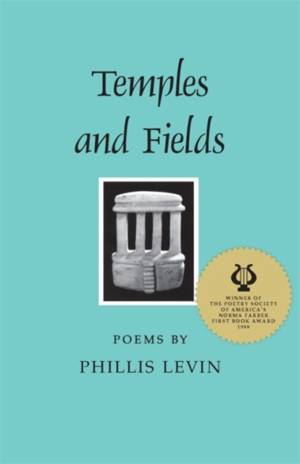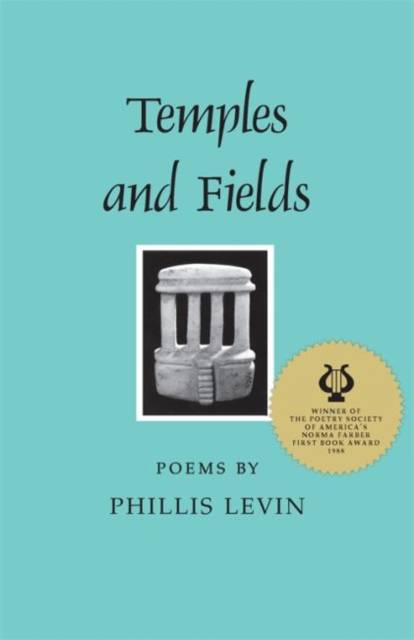
Bedankt voor het vertrouwen het afgelopen jaar! Om jou te bedanken bieden we GRATIS verzending (in België) aan op alles gedurende de hele maand januari.
- Afhalen na 1 uur in een winkel met voorraad
- In januari gratis thuislevering in België
- Ruim aanbod met 7 miljoen producten
Bedankt voor het vertrouwen het afgelopen jaar! Om jou te bedanken bieden we GRATIS verzending (in België) aan op alles gedurende de hele maand januari.
- Afhalen na 1 uur in een winkel met voorraad
- In januari gratis thuislevering in België
- Ruim aanbod met 7 miljoen producten
Zoeken
Omschrijving
Using nature and history as her raw materials, Phillis Levin crafts a world alive with ideas. In striking experiments with form, rhyme, and meter, she examines the condition of our species. Levin is a voyager in these poems, cataloging the earthly spectacle, tempering her lines with an irony that strikes an immediate blow at the heart of things. By turns rhaposidist and rhetorician, visionary and witness, she transforms the cycle of love and death into a majestic music:
Machines have their own seasons, revolvingAround us, though nature is not their fulcrum.
They too move beyond repair to neglect,
But cannot die like a diving falcon
Or repeat, in the end, names that inflect
As the sum of one's parts stops working. Unconverted by death, they know nothing
Of the glory of noise and the daily
Trade of the ugly and the beautiful
We have listened to, in stories of many
For whom engines were passions, and the feel
Of life the sense of a great sound building. In language that fuses the discursive and the lyrical, the contemplative and the dramatic, Phillis Levin renews metaphysical inquiry. Temples and Fields becomes finally a study of joy and terror--"the meticulous counting down / Of beginning leaf and scattered petal"--and of the primordial link between the human and the divine.
Specificaties
Betrokkenen
- Auteur(s):
- Uitgeverij:
Inhoud
- Aantal bladzijden:
- 96
- Taal:
- Engels
- Reeks:
Eigenschappen
- Productcode (EAN):
- 9780820333502
- Verschijningsdatum:
- 1/02/2009
- Uitvoering:
- Paperback
- Formaat:
- Trade paperback (VS)
- Afmetingen:
- 140 mm x 216 mm
- Gewicht:
- 131 g

Alleen bij Standaard Boekhandel
+ 88 punten op je klantenkaart van Standaard Boekhandel
Beoordelingen
We publiceren alleen reviews die voldoen aan de voorwaarden voor reviews. Bekijk onze voorwaarden voor reviews.









